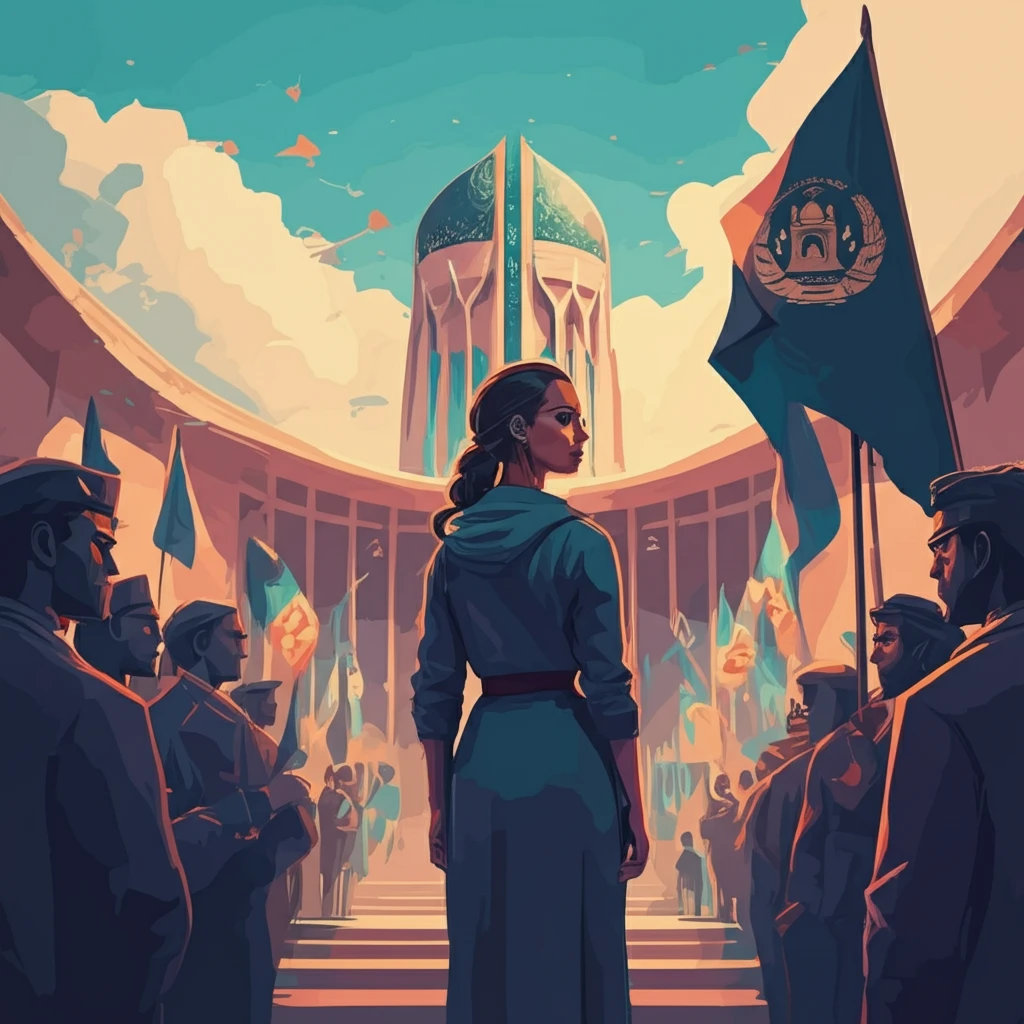
Level Up Democracy: How Gender & Public Participation Can Transform Afghanistan's Legislature
"Unlock the potential of Afghanistan's parliament: A guide to boosting female representation, citizen engagement, and legislative impact for a stronger, more inclusive democracy."
In a world grappling with governance challenges, the importance of a representative and responsive legislature cannot be overstated. For Afghanistan, a nation striving for stability and progress, the parliament serves as a cornerstone of its democratic aspirations. But how effectively does this institution represent the diverse voices of its people, particularly women, and how well does it engage the public in shaping the nation's future?
This article delves into the multifaceted role of the Afghan legislature, examining its structure, functions, and the extent to which it promotes gender equality and public participation. Drawing upon a comprehensive research paper, we'll explore the challenges and opportunities facing the parliament, shedding light on its potential to be a catalyst for positive change.
The journey towards a more inclusive and participatory democracy is not without its hurdles. From security concerns to misuse of power, the Afghan legislature faces a complex web of obstacles that hinder its effectiveness. However, by understanding these challenges and embracing innovative solutions, Afghanistan can harness the power of its parliament to build a more just and equitable society.
Understanding Afghanistan's Parliament: Structure, Functions, and Key Players

The parliament of Afghanistan, like many others around the world, is the central law-making body of the country. It is officially known as the National Assembly and is comprised of two houses. These houses work together, but each have distinct roles and powers:
- The Wolesi Jirga (People’s Council): The lower house with 250 members elected directly by the people, holds significant power. It approves cabinet ministers, summons officials for questioning, and even has the power to impeach. This is very important because it gives them power to check the other parts of government.
- The Meshrano Jirga (House of Elders): The upper house has 102 members with a mix of presidential appointees and those elected by local councils. While less powerful than the lower house, it plays a crucial role in the legislative process.
Empowering the Afghan Legislature: A Call for Collective Action
The Afghan legislature has the potential to be a powerful force for positive change, driving progress towards gender equality, inclusive governance, and sustainable development. However, realizing this potential requires a concerted effort from all stakeholders, including the government, civil society organizations, and the international community. By addressing the challenges and embracing the opportunities, Afghanistan can build a more just, equitable, and prosperous future for all its citizens.
